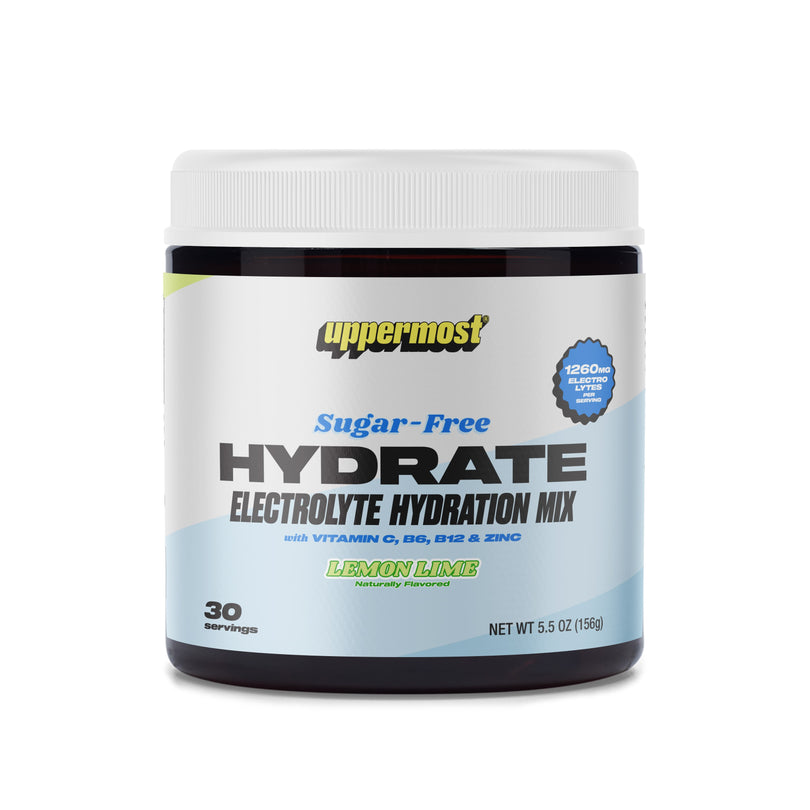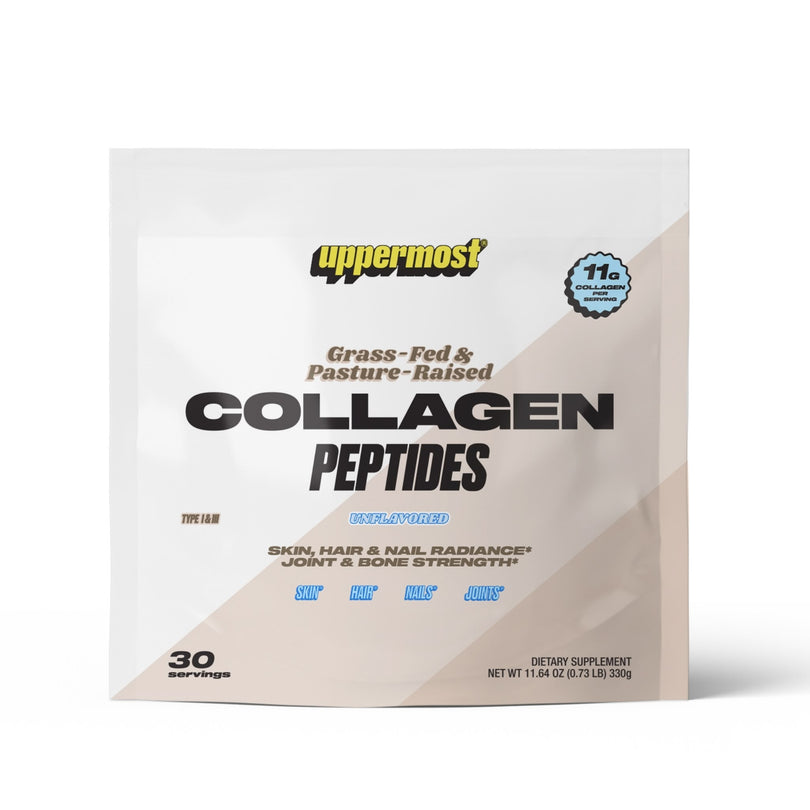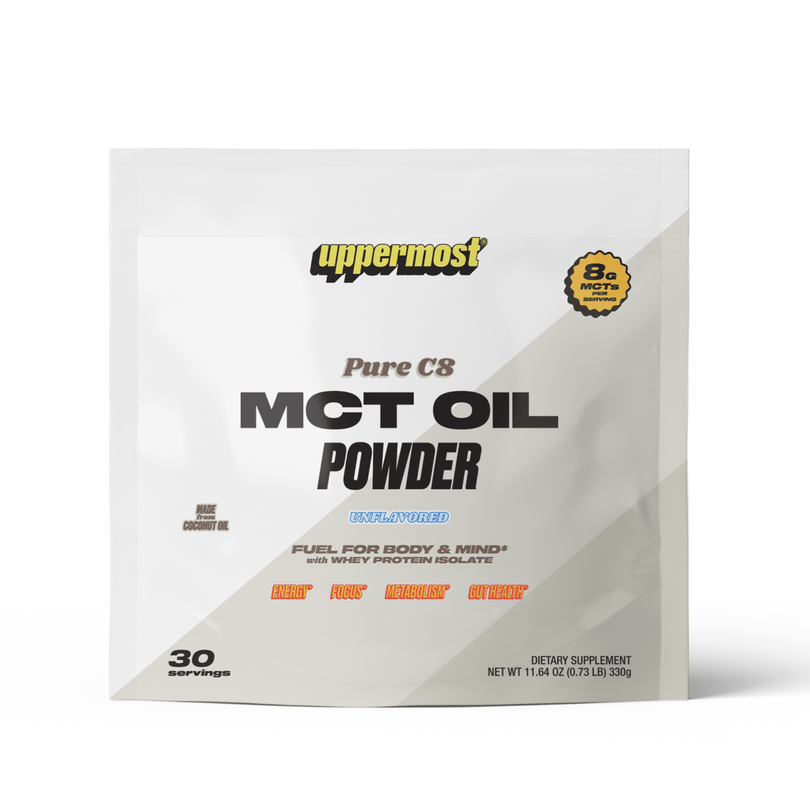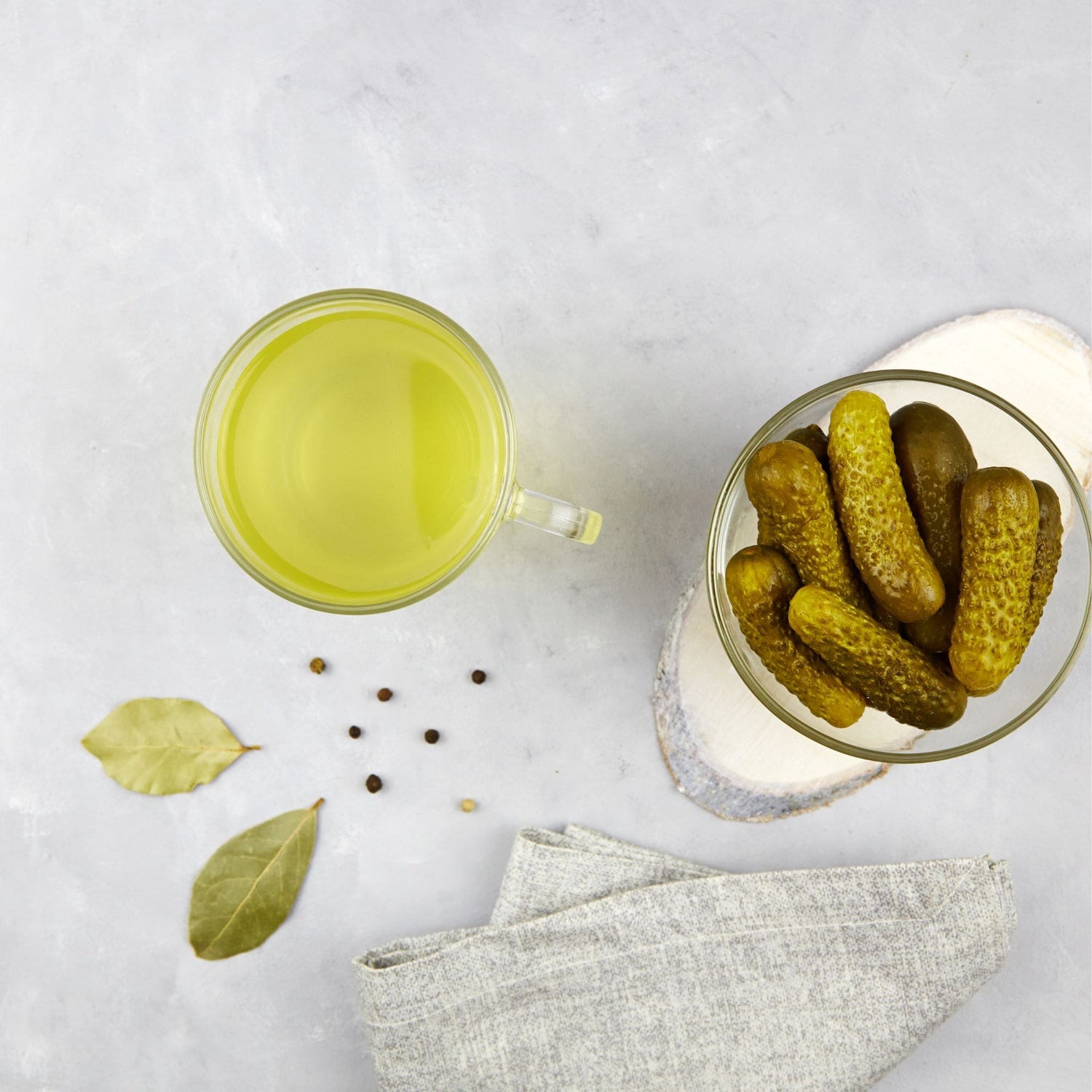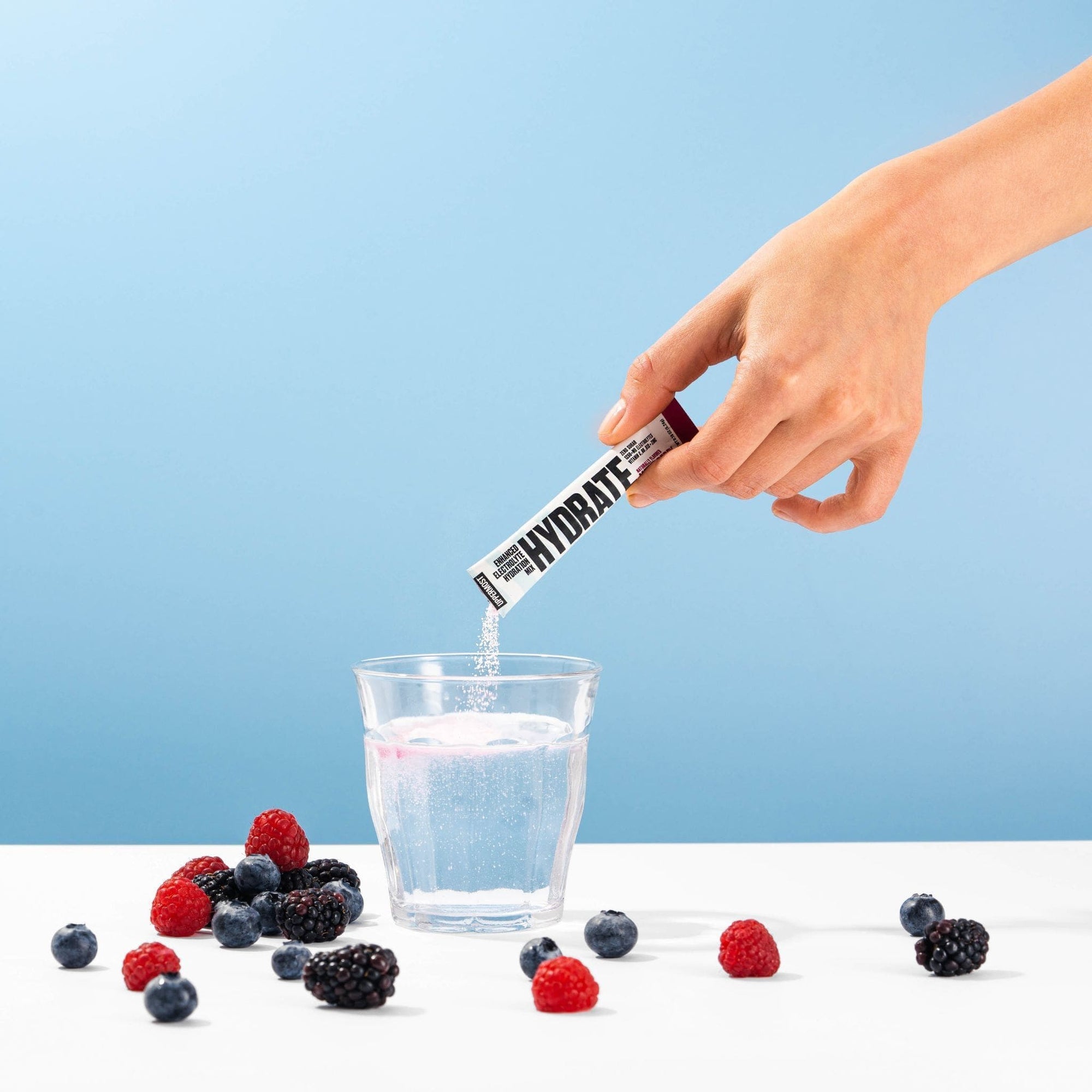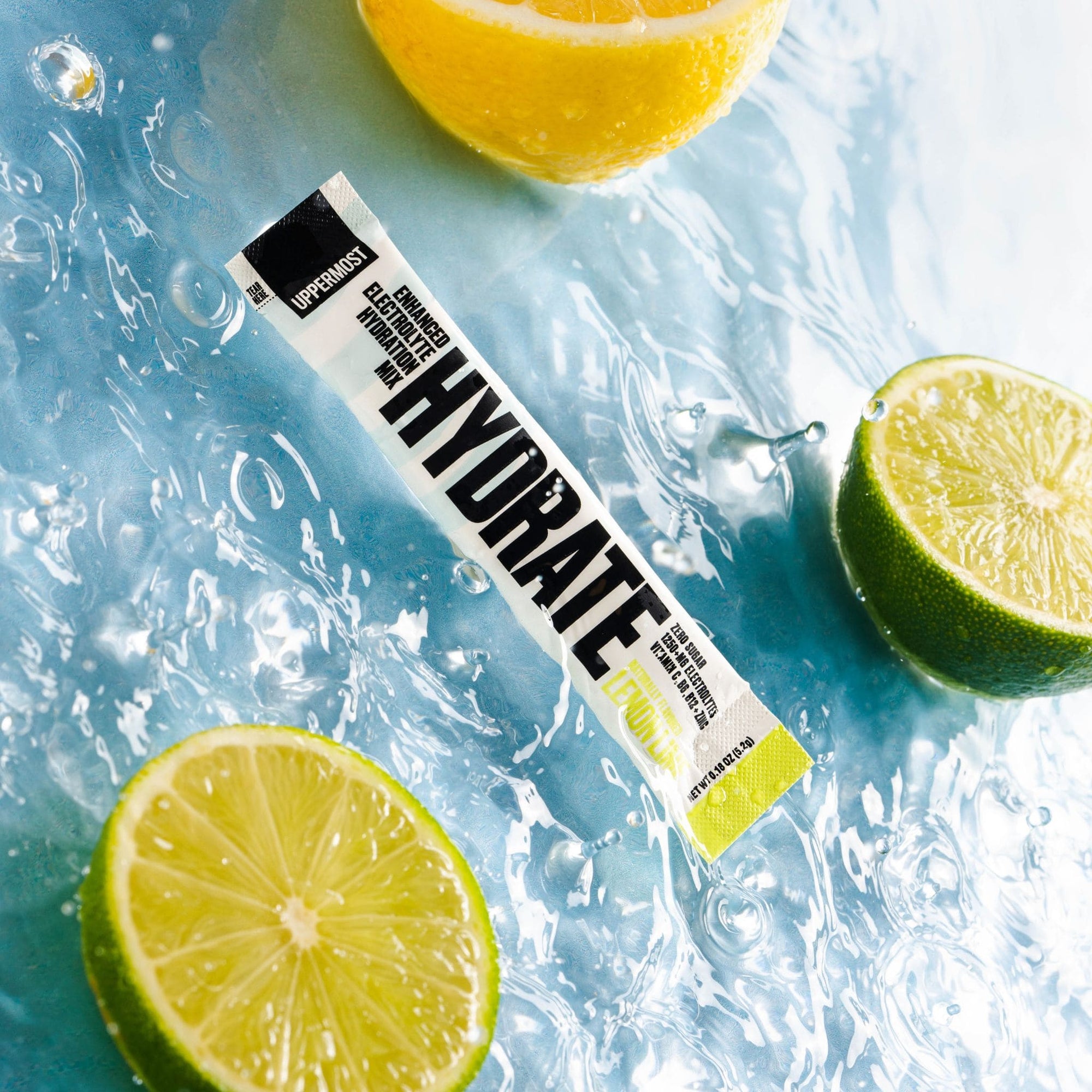In recent years, pickle juice has gained popularity as a natural remedy for various health benefits. But have you ever wondered if pickle juice contains electrolytes? Electrolytes play a crucial role in maintaining the body's balance and overall health. In this blog post, we will explore the composition of pickle juice and its potential as a source of electrolytes. Let's dive in and uncover the truth behind this tangy elixir!
Electrolytes are electrically charged minerals found in our body fluids, including blood and sweat. They are essential for various bodily functions, such as nerve transmission, muscle contraction, and maintaining proper hydration levels. Common electrolytes include sodium, potassium, chloride, and magnesium. When we sweat or experience dehydration, electrolyte levels can become imbalanced, leading to fatigue, muscle cramps, and even more severe health issues. Hence, it's crucial to replenish electrolytes regularly.
Pickle juice primarily consists of vinegar, water, salt, and spices. Vinegar, a fermented product, contains acetic acid, which provides pickle juice with its characteristic sour taste. When cucumbers are pickled, the salt used in the process dissolves, creating a brine solution. This brine solution contains electrolytes, particularly sodium, which is a vital electrolyte responsible for regulating fluid balance in the body. However, it's essential to note that pickle juice may not contain significant amounts of other electrolytes, such as potassium or magnesium.
If you find yourself depleted of sodium due to intense physical activity or excessive sweating, pickle juice can be a convenient and natural source of this essential electrolyte. Sodium aids in maintaining fluid balance and ensuring proper nerve and muscle function. Research suggests that consuming pickle juice can help alleviate muscle cramps, particularly those caused by dehydration or electrolyte imbalances. The sodium content in pickle juice stimulates the nervous system, prompting a faster response to muscle cramps and reducing their duration. However, it's crucial to consume pickle juice in moderation, as excess sodium intake can have adverse effects on blood pressure and overall health.
While pickle juice can serve as a sodium replenisher, it may not be as effective in providing other essential electrolytes like potassium and magnesium. These minerals play vital roles in muscle function and overall electrolyte balance. If you require a comprehensive electrolyte replenishment, it's advisable to explore alternative sources like coconut water or electrolyte drink mix supplements. These options offer a more balanced electrolyte profile, ensuring you meet your body's requirements for optimal performance and recovery.
In summary, pickle juice can be an effective source of sodium to replenish electrolytes, particularly for individuals experiencing muscle cramps due to dehydration or sodium loss. However, it's essential to recognize that pickle juice may not provide significant amounts of other electrolytes. To maintain overall electrolyte balance, it's crucial to incorporate a varied diet and consider alternative sources rich in potassium and magnesium. As always, consult with a healthcare professional for personalized advice regarding your specific electrolyte needs.

